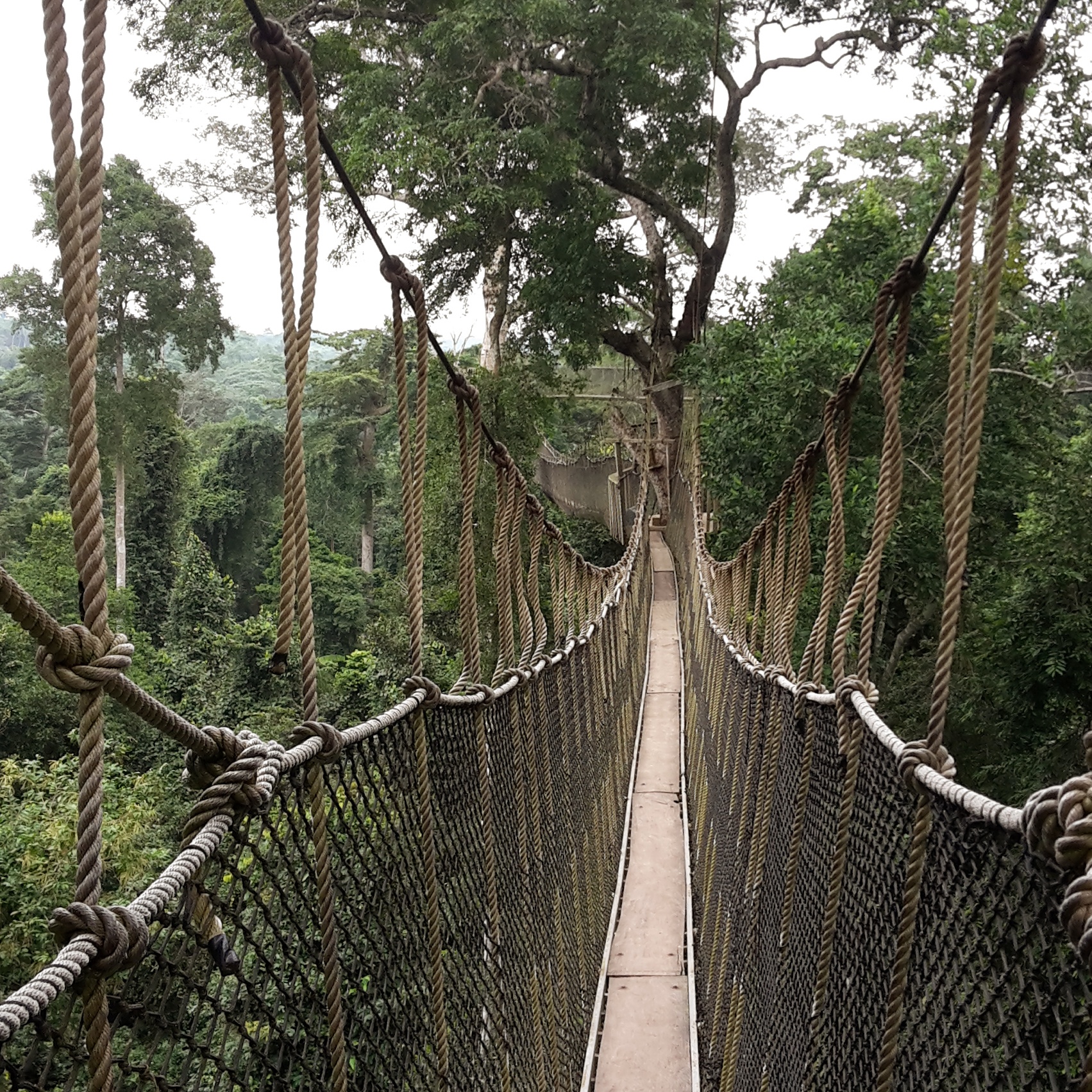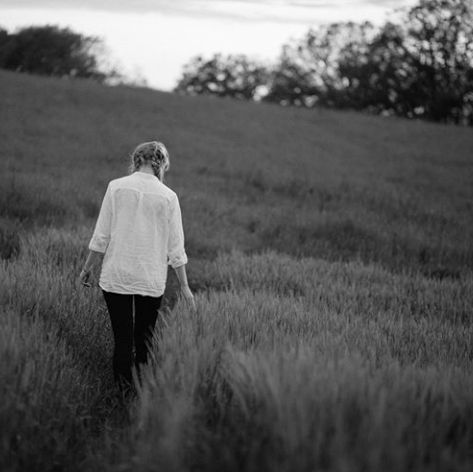Abeka Nkwanta
Abeka Nkwanta is the last one in a row of villages that are connected by a small road which leads from the bigger North-South-Road directly to the border of the National Park. It is decidedly bigger than Brahabebome, has its own school and is connected to the power grid, though blackouts occur frequently. There is also one spot in the village where there is reception for phones. At any given time you will find people standing around this spot making calls (me being one of them, though instead of making calls just checking my phone and texting and occasionally uploading a new chapter for you to read). The inhabitants of Abeka Nkwanta are still mostly cocoa or palm farmers, only some own small shops.
I stayed in a small room where the windows were covered with cloths, so that noone could peek inside, for there were neither the movable glass partitions nor a mosquito net (on the picture below the house on the right).
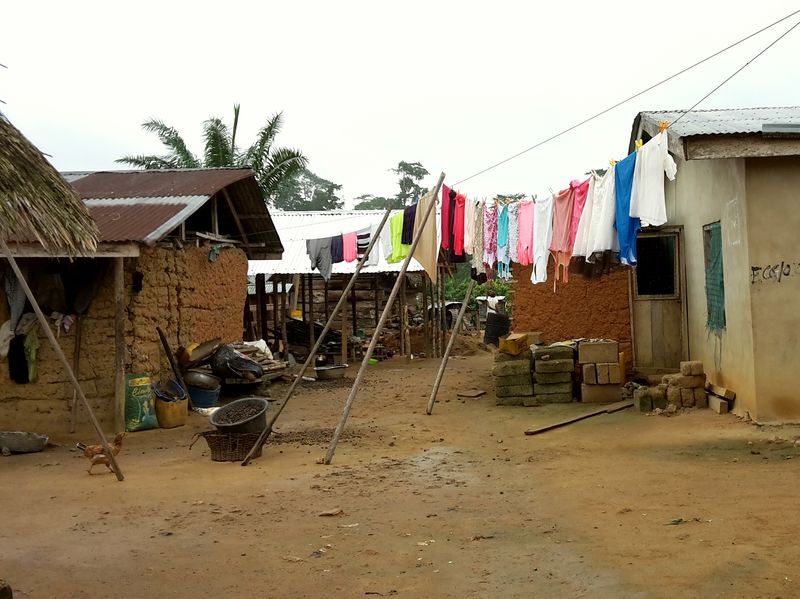
Washroom and toilet were similar to the ones in Brahabebome, but unlike there they belonged to another house a bit further through the village. So every morning and evening I was walking through the village with my bathing equipment and greeting left and right until I reached my destination. This gives another notion to the common saying that there are no secrets in a village. Everyone might know when I am going to the washroom or toilet...
When I came here for my last visit they suddenly had a lock for the toilet, which left me startled and a bit forlorn at first, until I finally found the right person who could show me where the key was stored. Why they lock their toilets I actually don’t know, but it is common practice in some of the villages I went to.
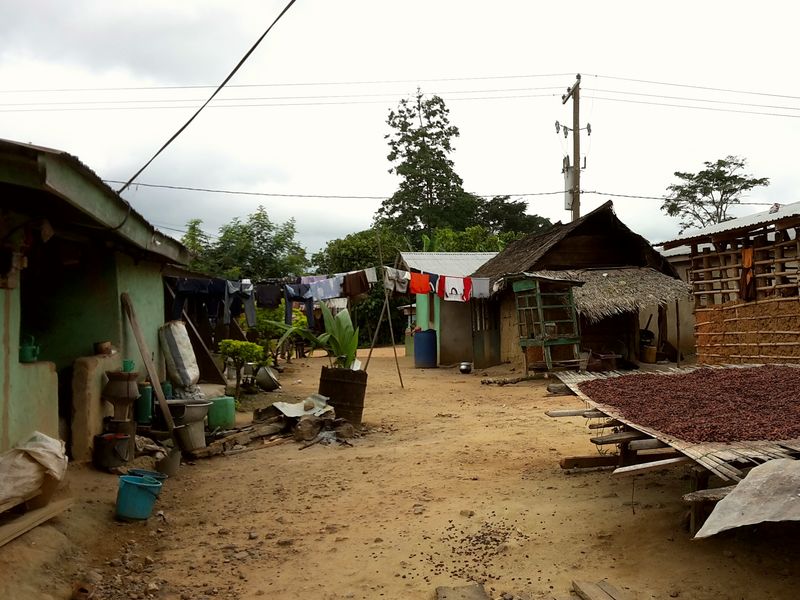
Abeka Nkwanta was the first village where, besides the inevitable one or two Christian churches or assembly rooms, there was also a mosque that shaped the looks of the village. Religion is a very important part of Ghanaian culture, partly introduced by European colonialists. Predominating is Christianity (in various forms), followed by the Islam. Christianity was introduced by Europeans through missionaries, for example the Portuguese. That was the initial purpose of settling at the Ghanaian coast before the slave trade became a subject.

Another positive aspect that was brought to Ghana by Europeans is the educational system. In their castles or forts Europeans established schools that were also used by the local population. Cape Coast and the Central Region of Ghana in general still claim to have the best educational system in the country, with the University of Cape Coast being the first one of Ghana. In Abeka Nkwanta, besides having their own school, they also maintain a small library for kids with children's books in english in order to gain their interest in the language and improve their skills.
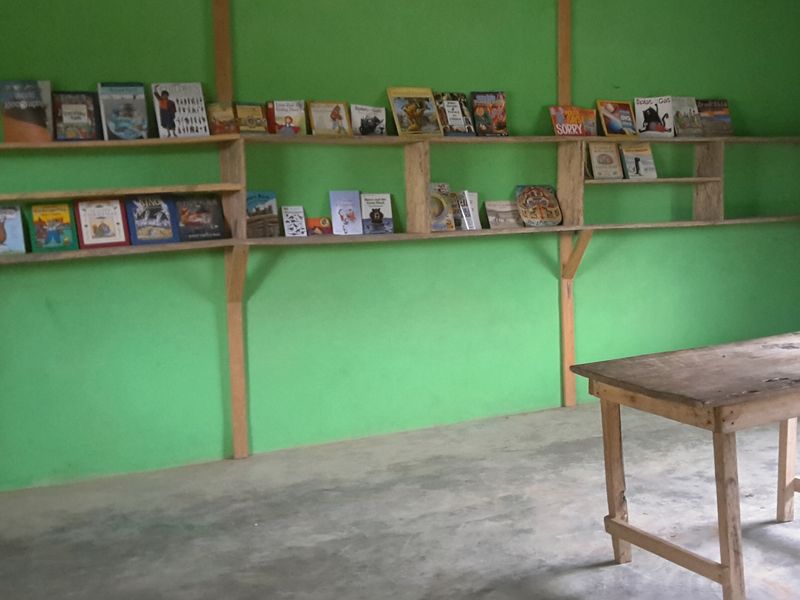
Abeka Nkwanta was also the only village where I was accompanied to the farms only by the respective farmers. It worked out very well. The teacher, one of the teachers of the local school, everyone just called him "teacher", explained to them the purpose and activities of my research and organised in what order I would meet the farmers and visit their farms. You can imagine, I guess, that there was no small talk involved then, for most of them only know a few words in english. My work was not compromised by it though, since for that I only need few information: the approximate age of an animal sign and the name of the animal, which I recorded in Twi anyways.
Here I also had two interesting animal encounters: once I nearly ran over a beautiful grasshopper, whose colours and patterns were astonishing, and another time there was a black cobra moving in a distance of maybe two meters away from us. I was completely taken by surprise and saw only her back, the head high in the air with the typical fan shape. The farmer followed her and killed her with his cutlass though...
That was again one of these moments when I realized that I really am close to the jungle and that there are several animals and insects that can be really dangerous. Most of the time they are hidden in the forest or undergrowth, unnoticed by man and especially me, but they're still there.
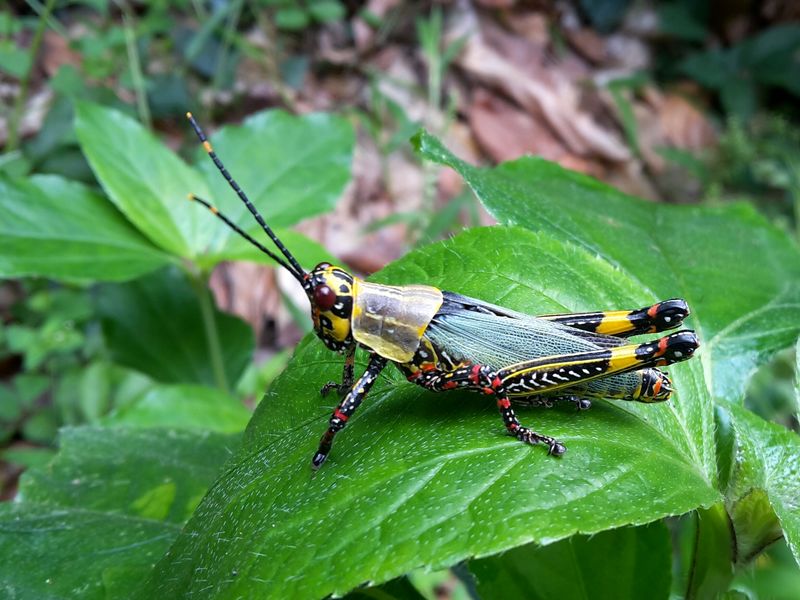
As in many of the villages I wondered where all the waste went. But I found out very fast: close to the village next to a road there is a pile of trash. I have to confess that here I am part of the production of plastic waste in a considerable amount. The clean, treated drinking water that I use comes in 500 ml plastic sachets. But since I don’t see a way to avoid these, I try not to feel too bad about it.
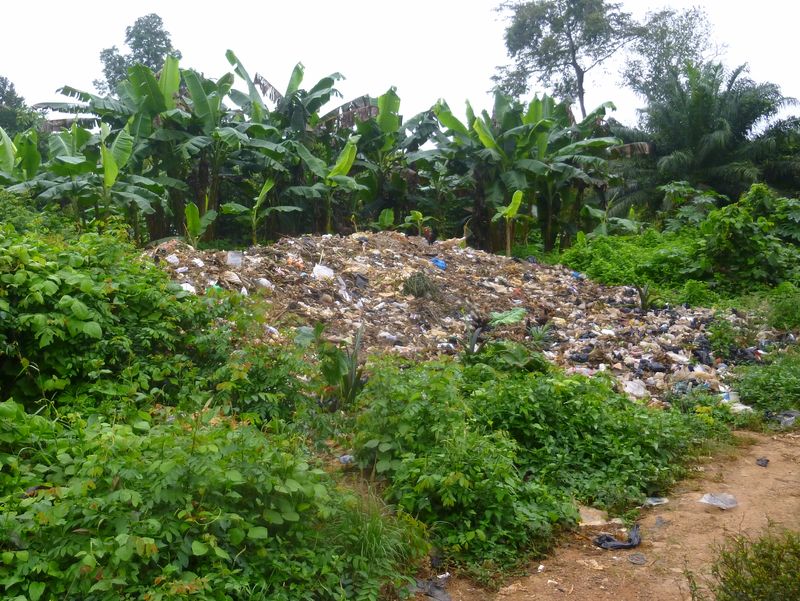
What astonished me was that also on the farms bordering the village there is a vast amount of plastic waste. I thought that you would want to keep the soil that you're living from clean, but apparently not.
Waste is a general problem in Ghana, as in many developing countries. Recycling is not very common and facilities are scarce. Also the awareness of environmental pollution is not yet very widespread. One reason is surely that especially people in rural villages have other problems with higher priorities for them on their minds. Nevertheless it is an important issue and governments should target it. After all, nature is what we're living from, where in one way or the other all branches depend upon and environmental pollution threatens not only other species but humanity as well in a great deal.

